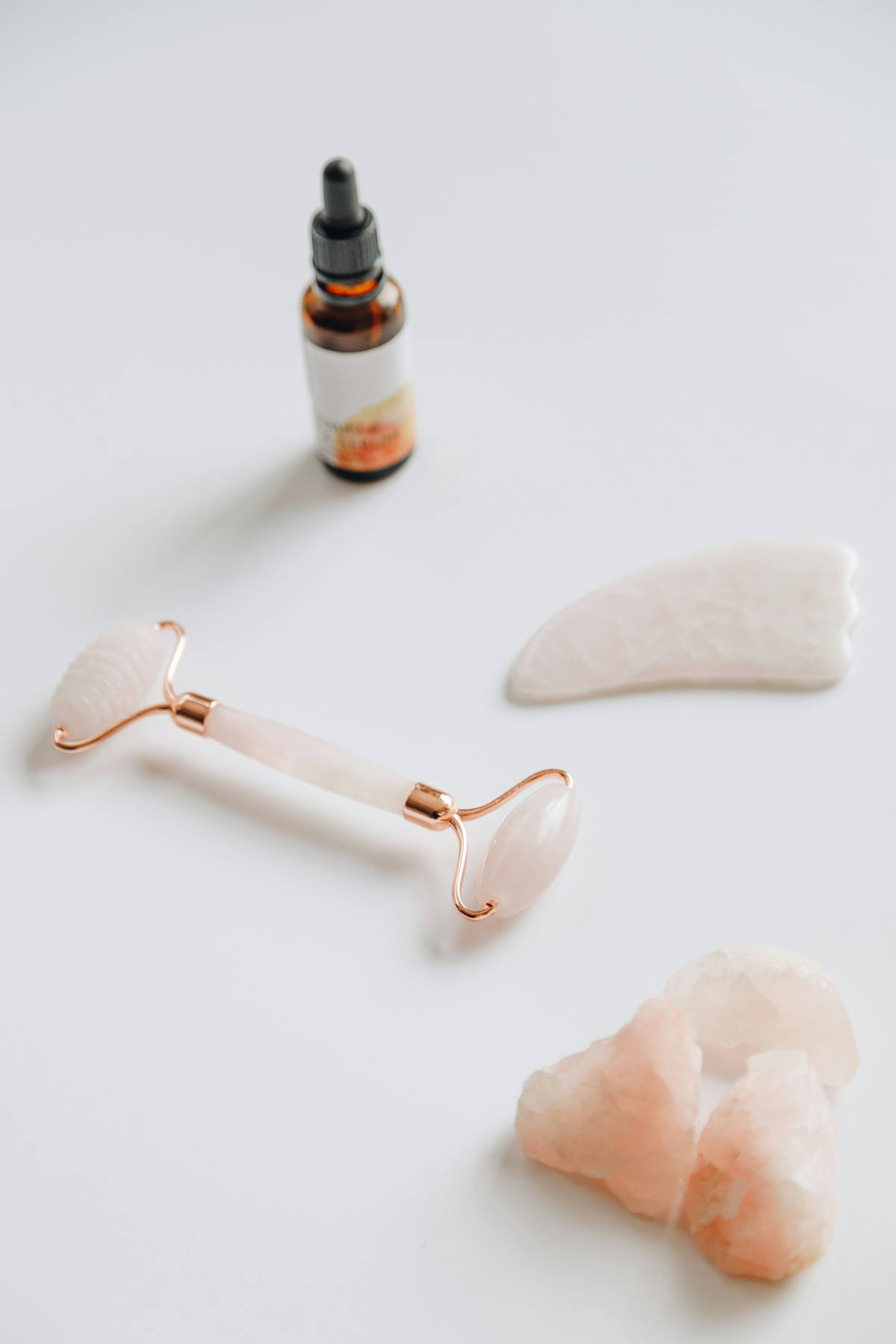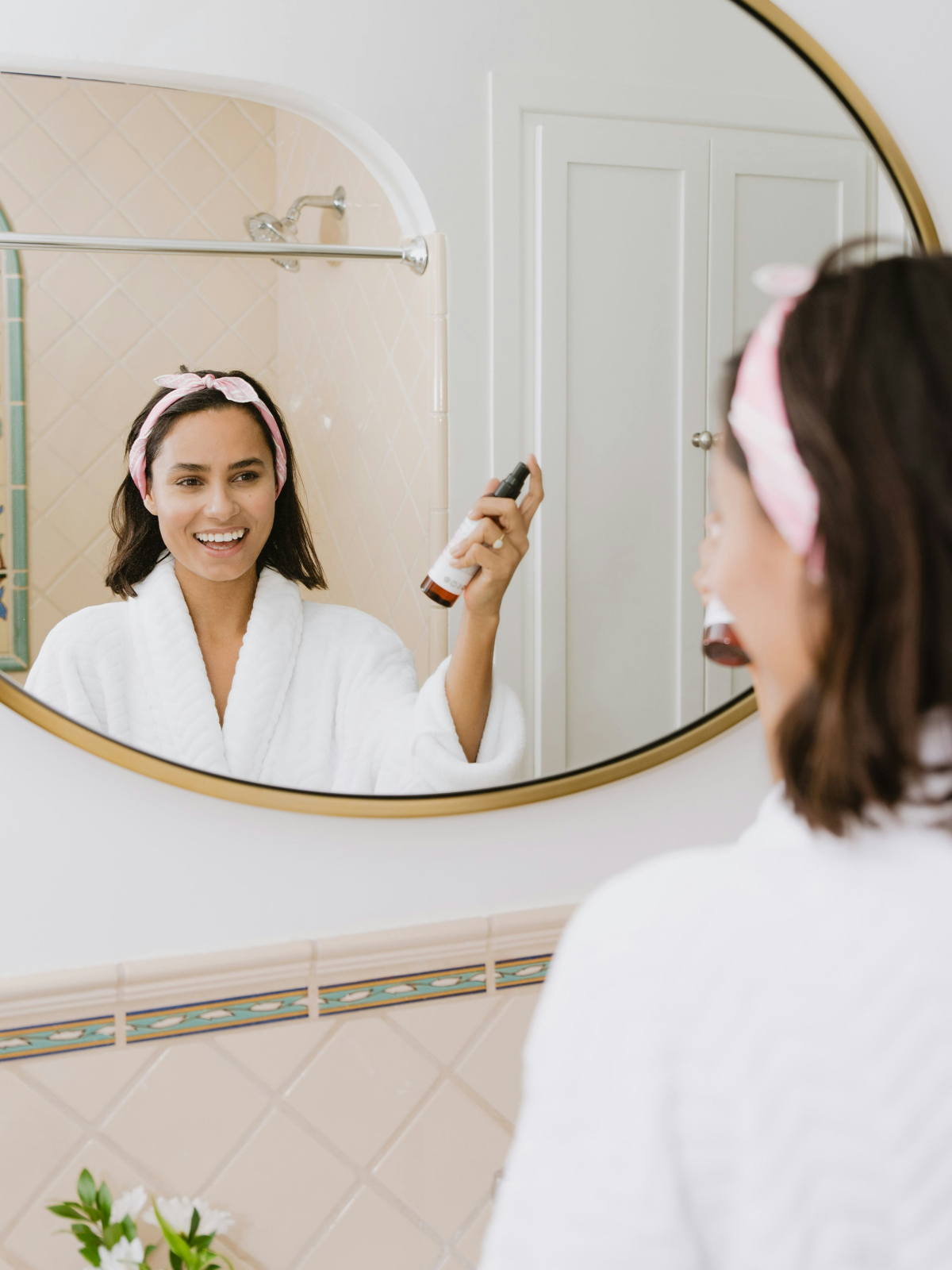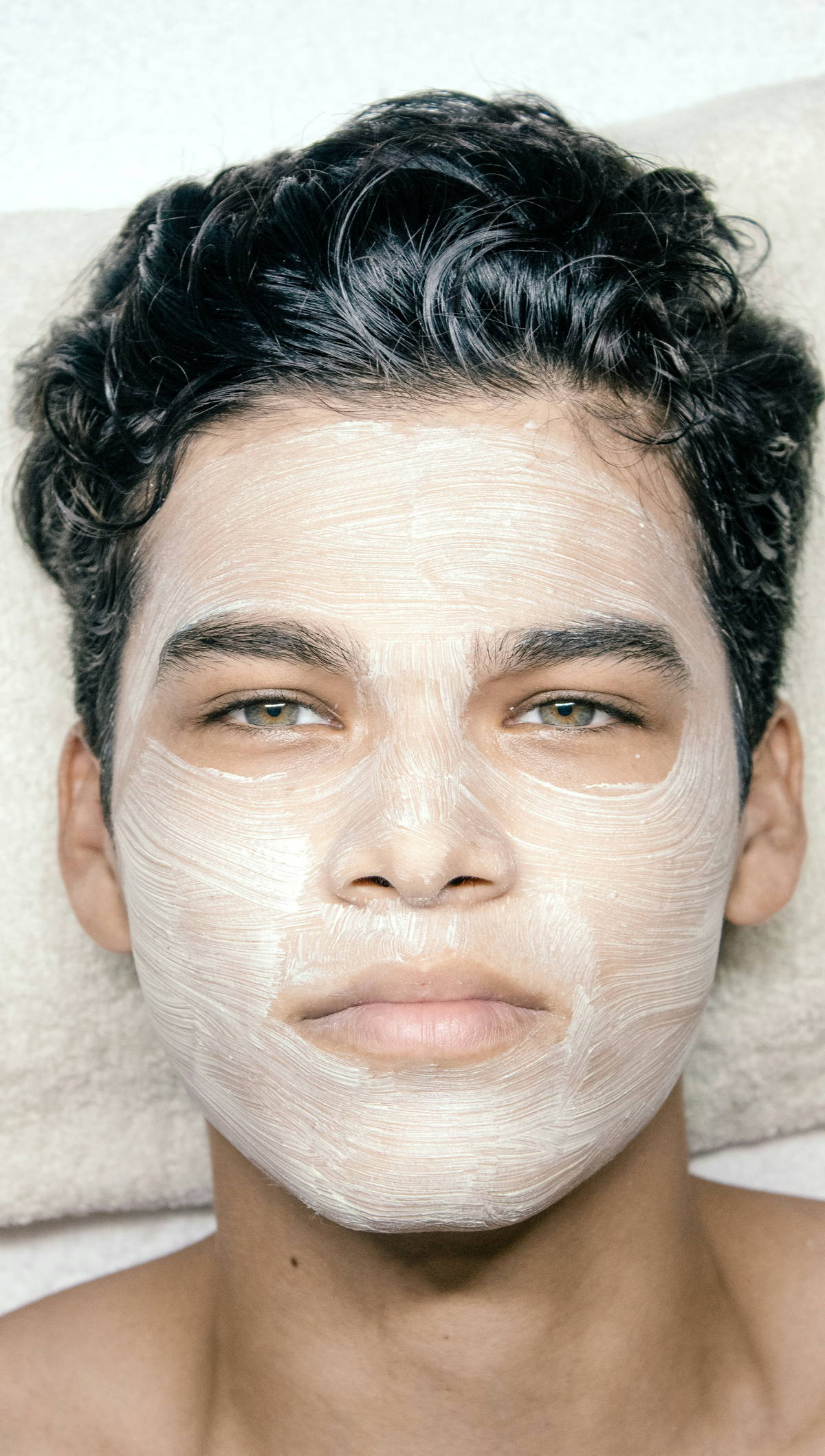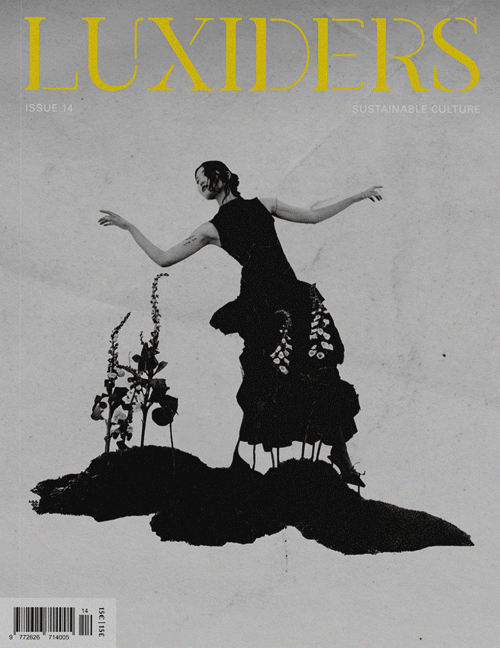
Empowerment Or Entrapment: Navigating Modern Beauty Standards
In a world where beauty standards shift as quickly as the trends they inspire, it’s tempting to feel caught in an endless race. As extreme fitness challenges, cosmetic upgrades and the strive for “natural perfection” dominate the conversation, it’s worth asking: Are these choices truly ours, or are they shaped by an industry that thrives on our insecurities?
It’s 2025, and the beauty world – a $571 billion industry – is buzzing with contradictions. On one hand, “natural beauty” is regarded as the highest ideal. On the other, social media feeds are overflowing with Botox “pre – juvenation” diaries, “Ozempic face” remedies, and extreme fitness challenges such as the infamous “75 Hard”. While these trends are frequently framed as tools of empowerment, they also raise an uncomfortable question: are we embracing them for our own benefit, or are we still striving to match a constantly changing set of societal expectations?

THE “SKINNY” RESURGENCE: A DANGEROUS BLAST FROM THE PAST
In the fashion and beauty industries, we’re witnessing what Chioma Nnadi aptly described as the pendulum swinging back to “supermodel skinny.” The runways are dominated by ‘size-zero’ silhouettes reminiscent of the early 2000s, an era infamous for glorifying unrealistic thinness. “We don’t want body types to be treated like trends,” Nnadi told the BBC, yet the fashion and beauty industry seems to be doing just that.
This trend, combined with the extortionate growth of weight-loss medicines such as Ozempic, has increased “aspirational” body ideals that feel anything but empowering. Sure, some call these injections “body autonomy,” but how autonomous is a decision influenced by a society that benefits from insecurity?
75 HARD: BUILDING RESILIENCE OR BURNING OUT?
75 Hard is an ambitious 75-day fitness challenge created by Andy Frisella, an author and podcaster. The regime requires two daily workouts, a restricted diet, gallon-sized water intake, and progress images. Frisella promotes it as a “mental toughness” procedure, yet the conversation surrounding it is very similar to toxic diet culture.
Critics suggest that ‘75 Hard’ promotes an unsustainable “all-or-nothing” mindset. Counting every calorie for the sake of a trend, rather than genuine well-being, increases the likelihood of people developing unhealthy interactions with food and exercise. Over time, the pressure can lead to burnout – or worse, resentment of any exercise whatsoever.
In contrast, alternatives such as ‘75 Soft’ have emerged as a more practical approach. These modified versions emphasise balance by allowing for rest days, flexible eating habits, and a focus on long-term wellness rather than strict discipline. For some, 75 Soft provides the structure required to develop positive habits without the intense pressure. <
This demonstrates that programs like this can be beneficial, but only when targeted to specific needs and health goals.
If the goal is to live a healthier, more disciplined life, isn’t it better to make small, sustainable changes? Investing energy in healthy habits, such as walking more, eating thoughtfully, or prioritising rest, is more likely to generate long-term well-being than a restricting sprint to an imaginary finish line.
EUROCENTRIC BEAUTY STANDARDS
While “natural beauty” is a current popular trend, it frequently refers to a specific type of beauty: flawless, slender, and effortlessly symmetrical. Eurocentric beauty norms remain the foundation of what is deemed “ideal,” quietly rejecting individuals who do not fit the mold. Even the popularity of Fillers and Botox is geared towards reinforcing these ideals, from raised brows to smaller noses and “snatched” jawlines.
On the other hand, these treatments might be viewed as tools for self-expression and empowerment. Fillers and Botox can help some people gain confidence and integrate their outward appearance with their inner selves.
Advancements in non-invasive techniques have also made these alternatives more accessible and customisable, allowing people to make small modifications without fear of society’s judgment.


BREAKING THE CYCLE: TOWARDS A SUSTAINABLE CONFIDENCE
How can we break free? First, we need to call out trends that pose as empowerment but perpetuate harm. From 75 Hard’s unsustainable grind to the “skinny is back” narrative, we must consider who benefits and at what cost. Second, while cosmetic work can enhance self-esteem, it’s important to approach it thoughtfully. Opting for routines or procedures that align with personal values, rather than fluctuating trends, is key to maintaining confidence without burnout. Third, let us reject the idea that beauty equals worth. Instead of chasing ideals, concentrate on habits that genuinely improve well-being. Small actions – like practising gratitude or spending time in nature- can boost self-esteem without costing anything.
Let us finally celebrate the numerous forms of beauty. A more inclusive future will be achieved by amplifying neglected voices and appreciating unique features. True empowerment is found in the ability to choose – not out of obligation, but out of true desire. It is time to redefine beauty – on our terms.
+ Words:
Aoife Morrall
Luxiders Magazine
+ Highlight Image:
© Viva Luna Studios via Unsplash






